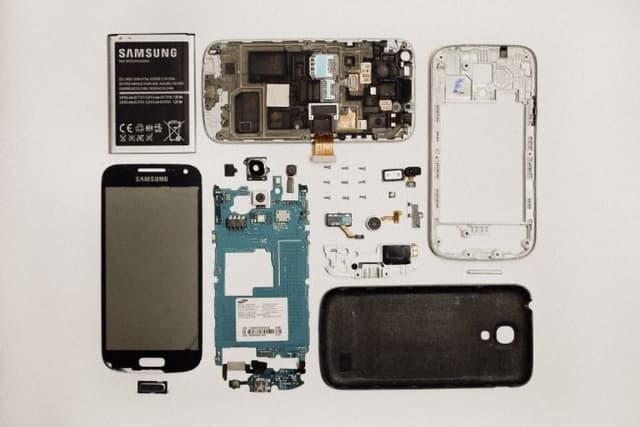
National Recycling Week - Recycle Rescue
Lesson1 of 3 in this unit
PrimaryYear 3 - 6ScienceHumanities and Social SciencesGeographyTechnologyDesign and TechnologiesEnvironmentalRecyclingSustainability
Summary
Lesson Guides and Printables
Lesson Plan

Student Worksheet

Teacher Content Info
